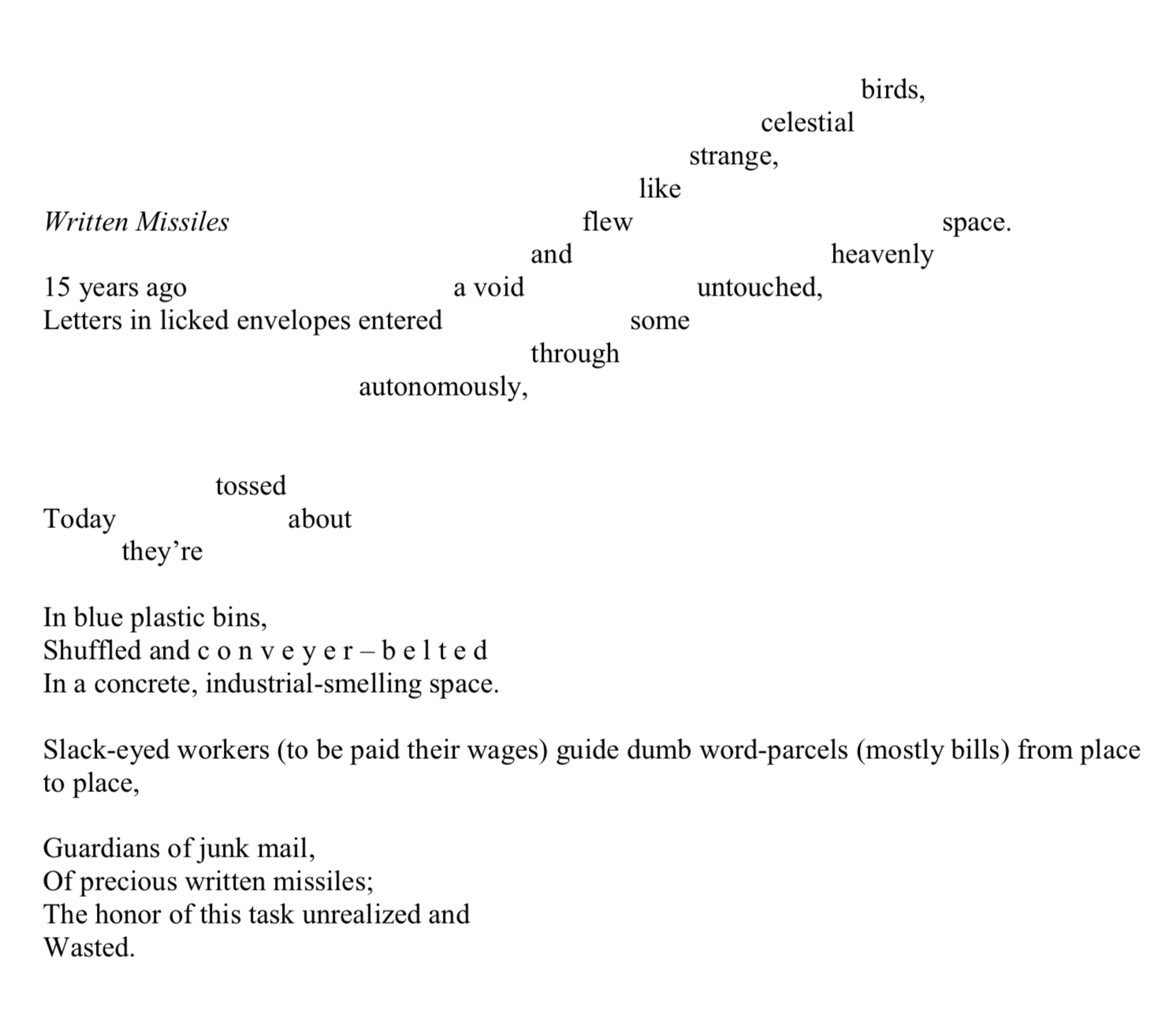Warm chrysanthemum
the same color as butter bled into strawberry jam
went limp two nights ago.
I sobbed and cut the stems,
filled a vase and arranged the blooms. If they were to die,
I might as well enjoy the show.
Is there a point to giving
a gift that dies like stop motion? Or are they the ultimate
gesture—here, a fragment of life—
trimmed from the life-source
of pulsing Earth—I trust you will try to preserve them.
This is my secret: it’s possible
to save flowers, for my
watered chrysanthemums flourished—turgid rebirth.
I awoke the next morning,
their discarded stems like
snapped chopsticks in the sink, new buds emerging.
Marina Chen is a high schooler from Washington State and member of the Seattle Youth Poet Laureate cohort. Her work has been recognized by the National Scholastic Art & Writing Awards, Live Poets Society of New Jersey, the Hanging Loose literary magazine, and others. She writes poetry about everything she loves (and many things she doesn’t.)
